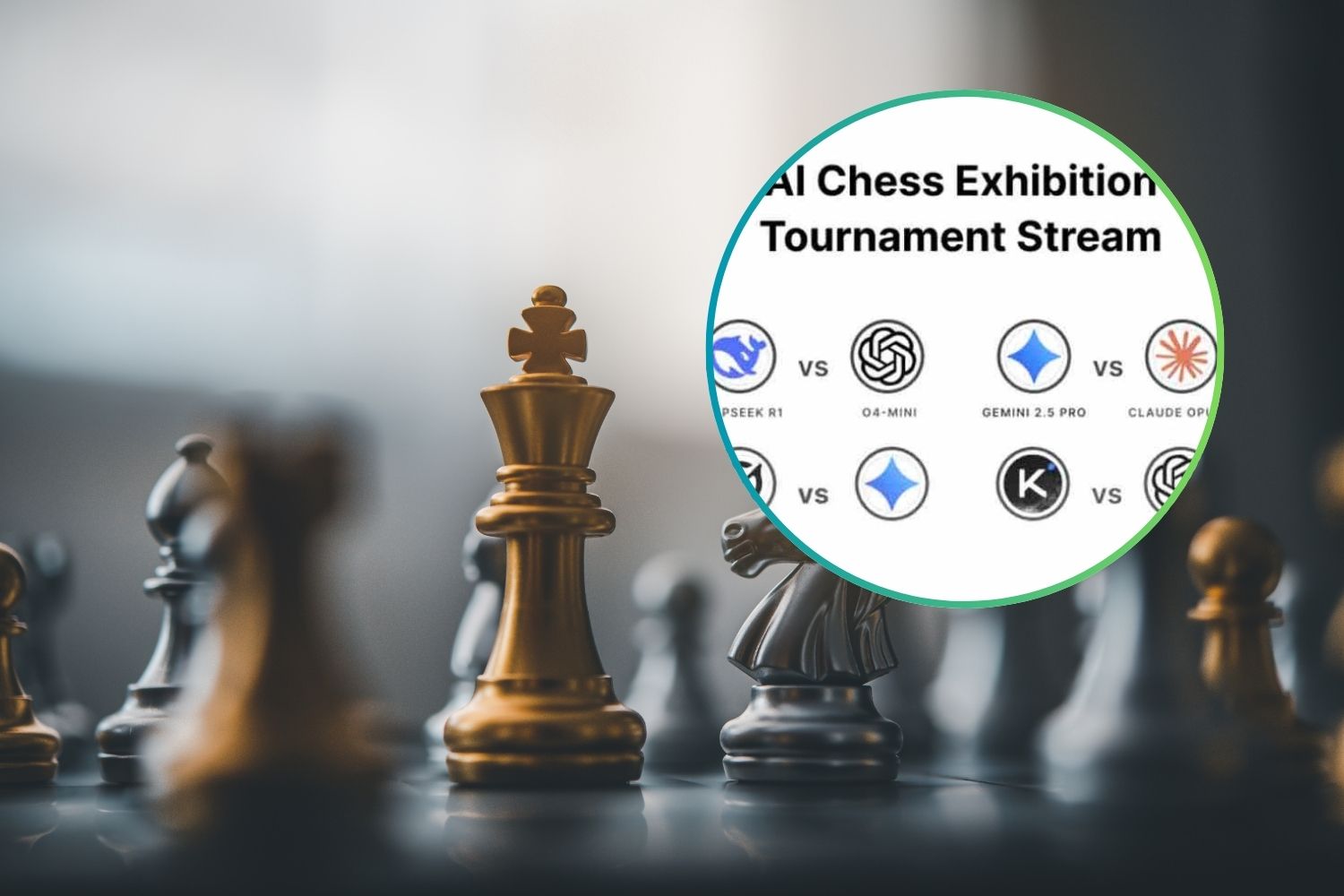Kaggle and Google DeepMind launch Game Arena, where top AI models compete in chess to reveal how they think, reason, and adapt—even when they make mistakes.

Kaggle and Google DeepMind have joined forces to launch Game Arena, a bold new platform aimed at unraveling how artificial intelligence reasons and learns through play. To kick things off, they’re staging a three-day chess tournament—August 5 through 7, 2025—where some of the world’s most advanced AI language models will go head-to-head across the board.
This isn’t your typical AI showdown. Unlike AlphaZero or Stockfish—systems trained specifically to dominate chess—these models weren’t built to play. They’re general-purpose intelligences, designed to write, code, solve problems, and converse in natural language. Now, they’re being thrown into the world of rooks and queens.
Who’s playing
Eight models will compete in a single-elimination tournament, each representing a major force in today’s AI landscape. From OpenAI to Google, and from Anthropic to Elon Musk’s xAI, here are the contenders:
Gemini 2.5 Pro and Gemini 2.5 Flash, both developed by Google, will represent the DeepMind side. OpenAI fields two versions of its models as well: o3 and the lighter o4-mini. From Anthropic comes Claude 4 Opus, while xAI enters the fray with Grok 4. Rounding out the roster are DeepSeek R1 and Kimi k2, the latter created by China’s Moonshot AI.
Although this is an AI-only competition, there’s no shortage of human talent helping make sense of it all. Grandmaster Hikaru Nakamura will stream daily commentary live on Twitch, while International Master Levy Rozman—better known as GothamChess—will break down each round on YouTube. To cap things off, former world champion Magnus Carlsen will provide his final thoughts on the chess site Take Take Take, an official partner of the initiative.
Kaggle will keep an Elo-style leaderboard updated in real time, making it easy to track which AI truly dominates the chessboard.
They weren’t built for this
It’s worth repeating: these AIs were never trained to play chess. That sets them apart from earlier systems like AlphaZero, which famously defeated Stockfish back in 2017. AlphaZero learned chess by playing millions of self-play games, refining its strategy through brute force and deep learning. But it was never released to the public.
By contrast, the models competing in Game Arena are generalist AIs. They’re designed to generate text, write code, answer questions—and occasionally, they try their hand at chess. The results are often… surprising.
Some of these models make illegal moves. Others resign for no apparent reason. They don’t always follow classic strategies or even basic rules. But here’s the twist: they can explain why they did what they did.
This ability to verbalize their reasoning, even when it’s flawed, is part of what makes this tournament so compelling. As Google puts it, understanding why a model chooses a move—rather than simply evaluating the outcome—can offer valuable insights into how AI “thinks.” That’s the real goal of Game Arena: to make the internal strategies of AI visible, even in failure.
Today, chess—tomorrow, complex simulations
Game Arena won’t stop with board games. According to Kaggle, the platform will eventually expand to include simulated environments, multiplayer games, and real-world scenarios. The vision is to build a fully open, accessible sandbox where developers and researchers can explore how AI behaves and adapts in diverse situations.
For now, though, all eyes are on the chessboard.
None of these AIs can yet match a strong human player. But that’s not the point. What makes this experiment fascinating is watching a machine try to learn. To see it make mistakes. To witness it recover. And to understand—bit by bit—how an artificial mind approaches something as rich and unforgiving as chess.
Source: Kaggle
